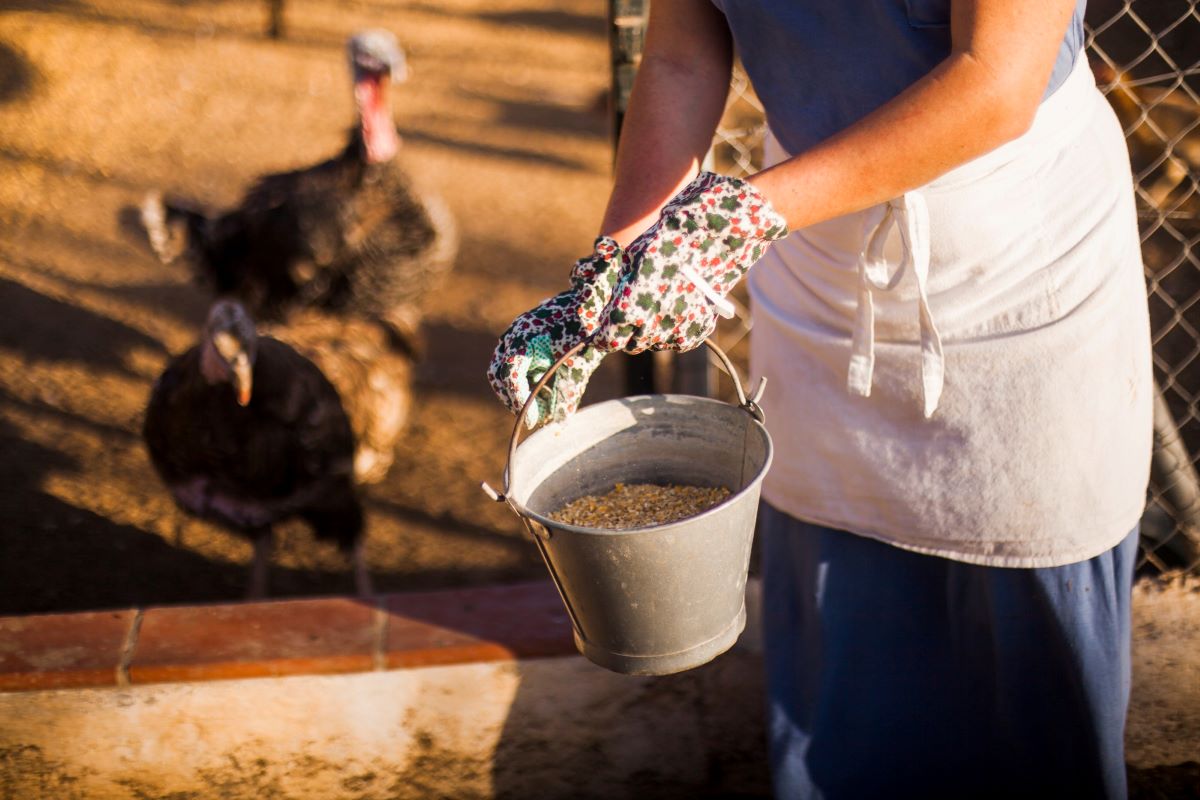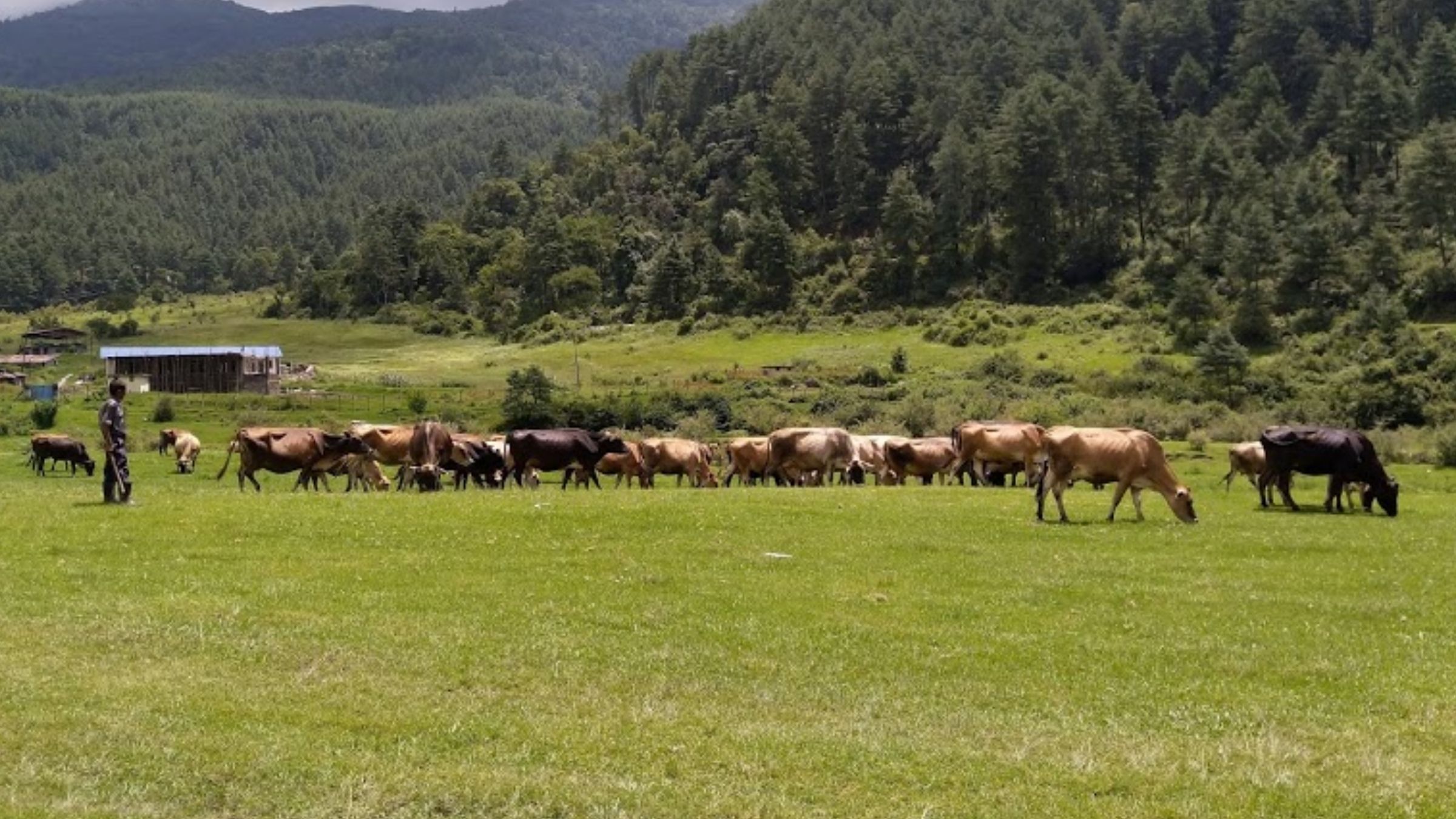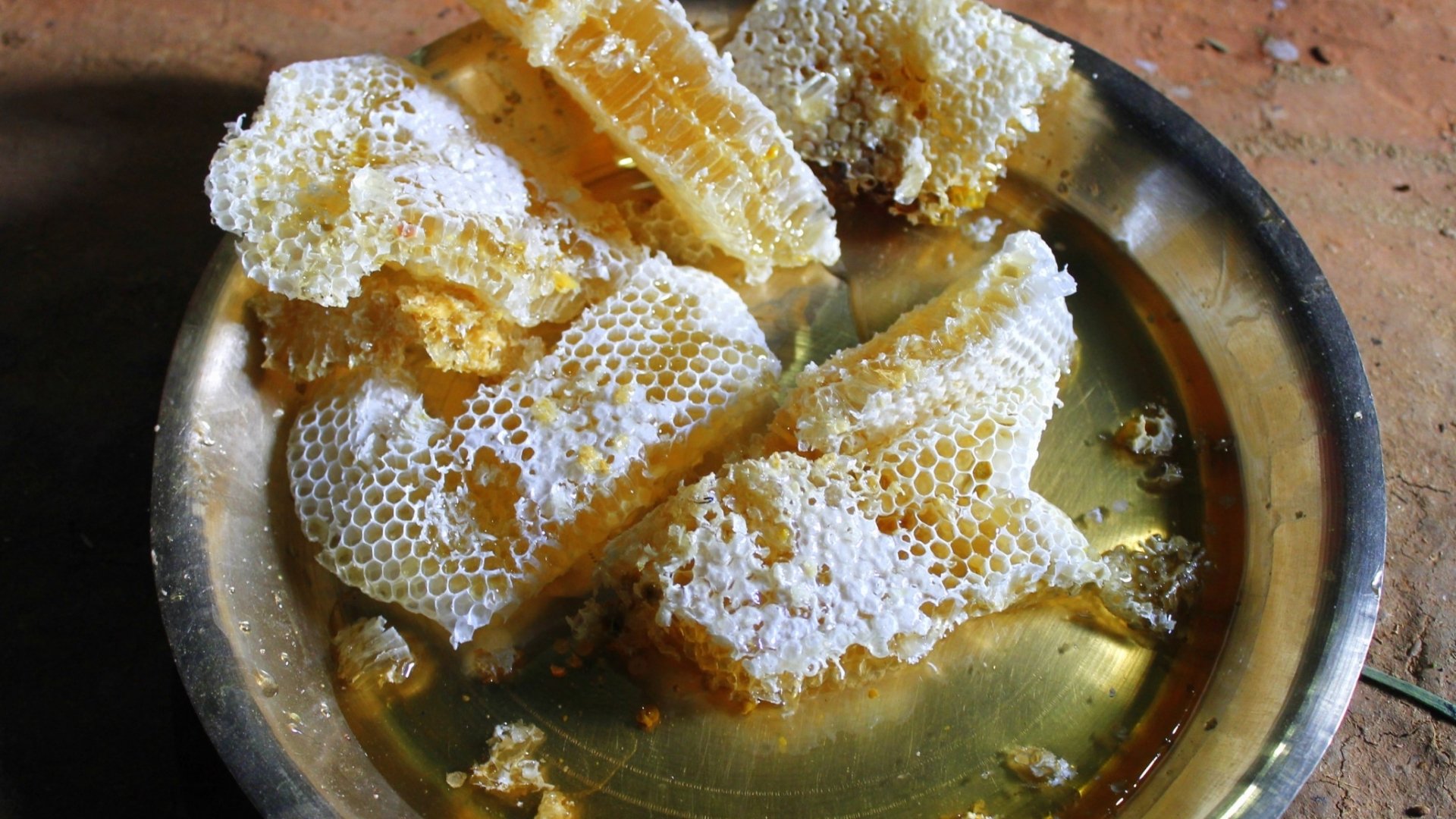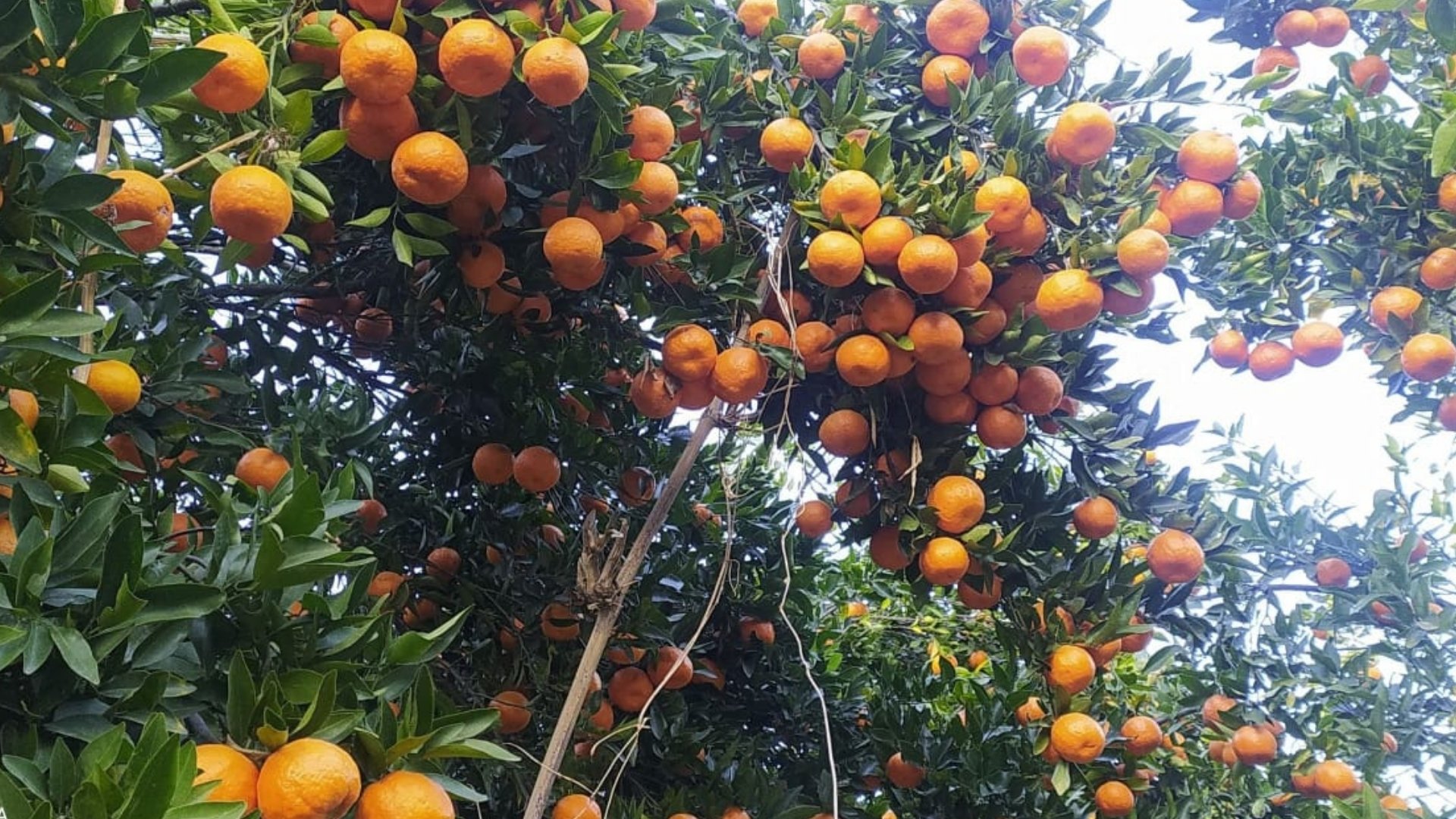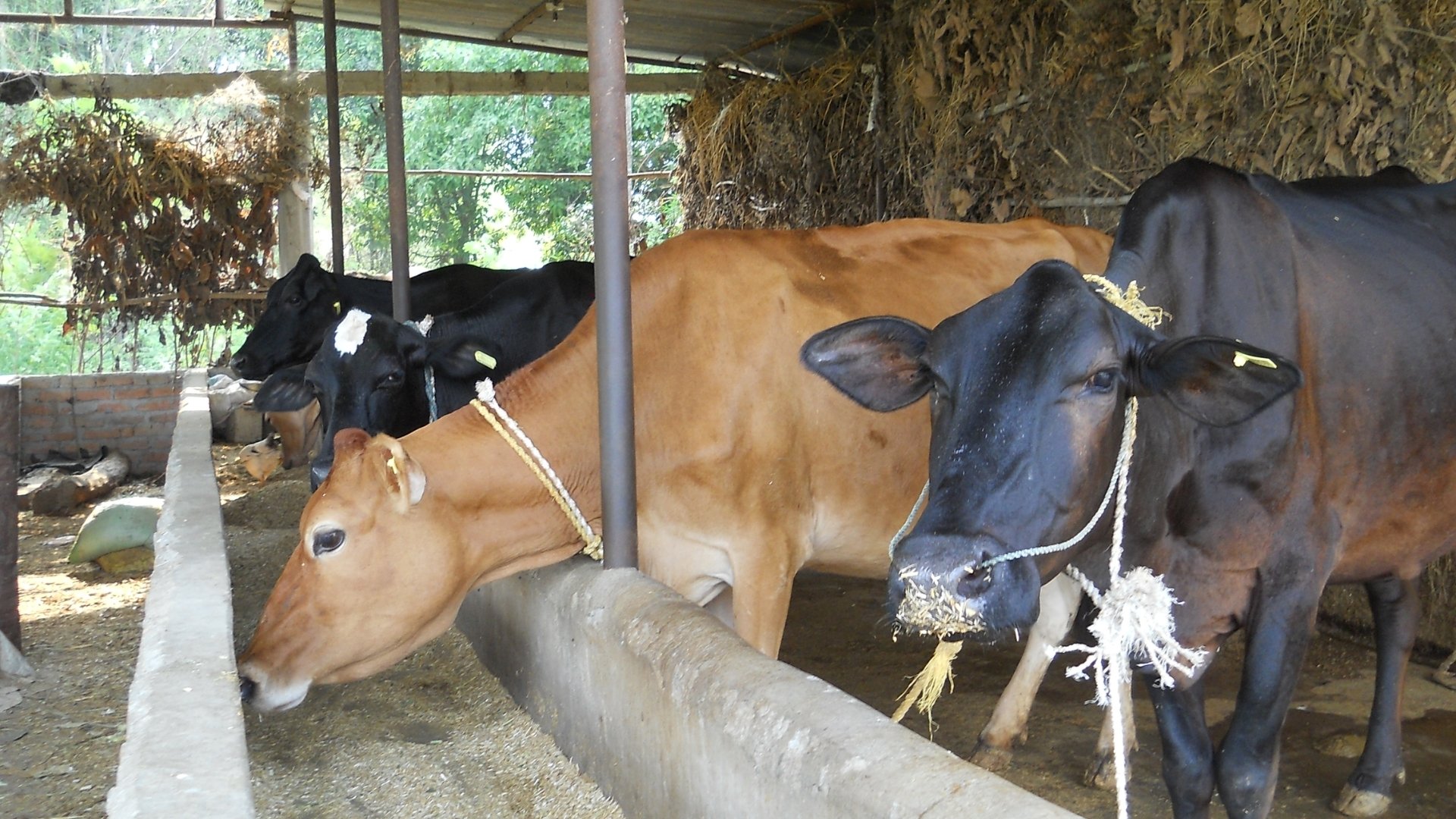Are you into the “feed” business?
Feed means any substance that an animal, bird, or fish eats or drinks or any other edible and drinkable substance made of a mixture of such substances.
Are you looking to start a business producing or selling/distributing feed?
You need a license following a simple procedure
License for sale or distribution:
- To obtain a license, apply to the Village Development Committee (VDC) or Municipality office by paying five rupees.
- Once you have obtained the license display it at the place of sale of the feed.
- As you receive the license, the VDC or Municipality office needs to inform the central food laboratory about it.
License for production:
- To establish an industry in feed, you need to approach the Department of Industry but first, you need to get a recommendation from the central food laboratory. They will review your plans and give their approval.
- To get the recommendation, you need to prepare a scheme that includes details about:
- Type of the industry,
- The machinery required for the industry,
- Technical skills,
- Provision of sanitation,
- Kinds of raw materials and sources for the same,
- Where a package is to be used double in packing the feed, provision for fumigation in the package.
- Once you submit your application, the central food laboratory will review it, make any necessary changes to your scheme, and recommend issuing a license for your industry. You will also need to provide a bond for compliance.
- After your industry is established, obtain a license from the central food laboratory by paying twenty rupees before starting production.
- Display your license at the place of production.
In case if you intend to produce or sell and distribute the feed in more than one place you have to make a separate application and obtain the license for each of such places.
Renewal of license: The license has to be renewed by the last day of Ashad (mid-July) by paying a fee of twenty rupees.
If you have a license, please follow these rules:
- Do not hire or involve suffering from a contagious disease or is dirty in the production, collection, or sale of feed.
- Keep the production, sale, and storage areas clean. Separate areas are needed for toilets, urinals, and waste disposal.
- Maintain a registration book for the amount of feed produced, sold, and distributed, along with the locations of sales.
Appointment of the feed inspector:
The government appoints a feed inspector to carry out functions and duties with regard to feeds in Nepal. The feed inspector has the following functions and powers:
Feed inspector’s duties:
- The feed inspector collects samples of feed for testing if there are suspicions of rule violations.
- They inform feed owners about the sample collection.
- If there are reports of violations, the feed inspector investigates the matter.
- They keep records of the feed they have inspected and any actions taken.
- They perform their duties under the supervision of a local officer.
Feed inspector’s powers:
- The feed inspector can collect feed samples from places where it is produced, stored, or sold.
- If they believe a feed may spread diseases, they can stop its sale and distribution with approval from a local veterinarian.
- If they suspect contaminated feed, they can halt its sale and distribution.
- They can enter buildings or land to inspect feed, with permission from the owner or, if denied, with a representative from the Panchayat or police.
- If they find suspicious substances in feed production areas, they can order their immediate removal.
- They can stop and take action on contaminated feed being exported, imported, or transported.
- They can send collected feed samples for analysis using various transportation methods.
- They notify the local officer and the Chief of Central Food Laboratory about specific actions taken.


